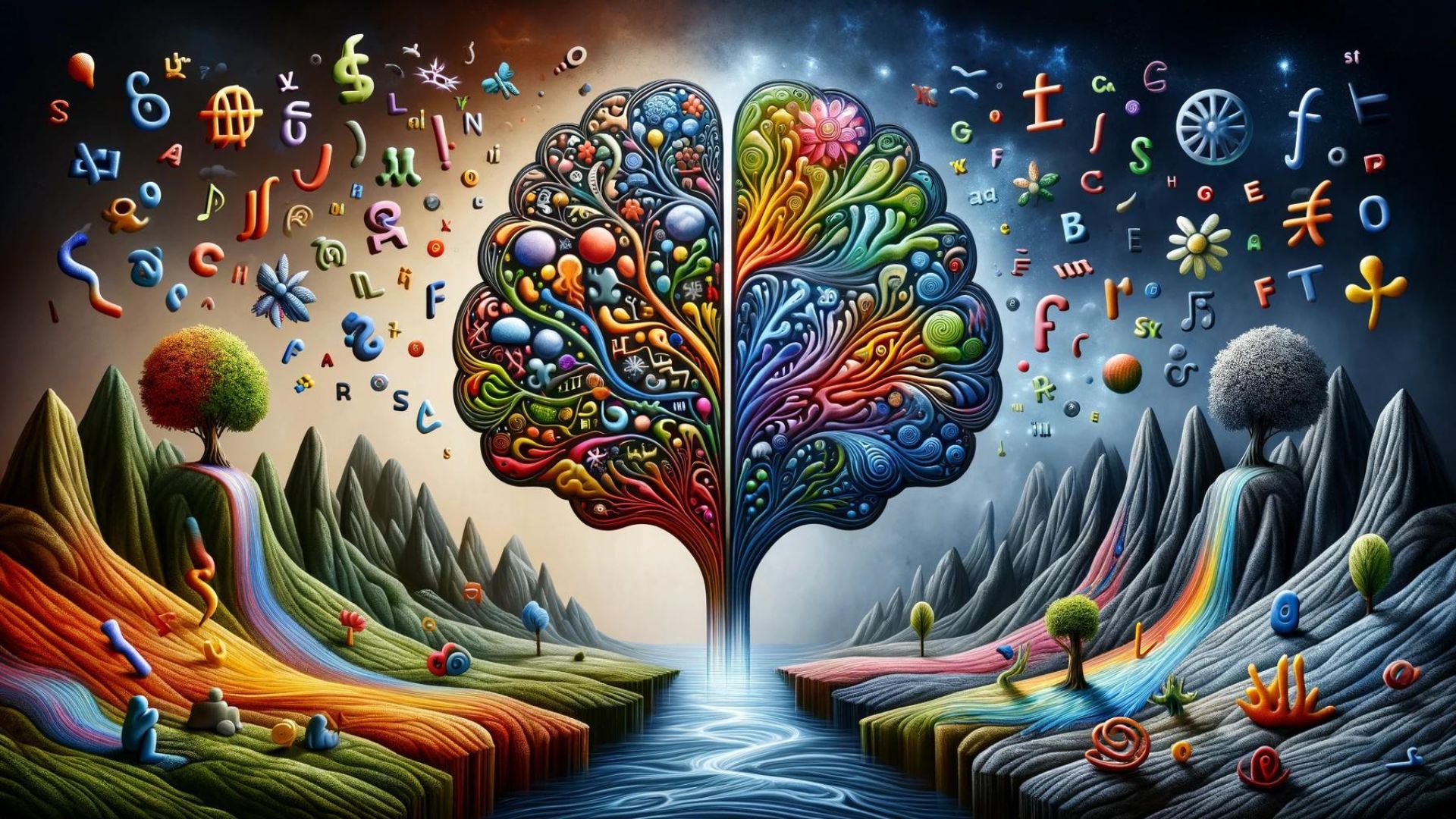Beyond Words: How Language Shapes Your Reality
Have you ever wondered if the language you speak influences the very way you think? It seems like a simple question, but it opens a doorway into the complex yet fascinating relationship between language and our minds.
The Linguistic Relativity Hypothesis
The idea that language might shape thought is often called the Linguistic Relativity Hypothesis (or the Sapir-Whorf Hypothesis). Put simply, it suggests that the structure of our language influences how we perceive and understand the world around us. Here are some ways this might occur:
- Color Perception: Different languages divide up the color spectrum differently. A Russian speaker with distinct words for light and dark blue might be quicker to visually discriminate between shades than an English speaker.
- Time and Space: How your language talks about time (as a line, from past to future, or cyclically) can shape your mental concept of it. Some cultures don’t have distinct future tenses, which might influence their planning and savings habits.
- Blame and Agency: Languages with grammatical structures that emphasize the actor in a sentence might lead speakers to focus more on individual responsibility during accidents versus those that highlight the action itself.
Does Language Limit Thought?
A radical interpretation of linguistic relativity is that we can’t think about things we don’t have words for. This is largely debunked. We can always invent new words or conceptualize ideas even where our language falls short.
A Nuanced Reality
Instead of limiting us, language offers mental shortcuts and ways to categorize experience:
- Efficiency: Having a word for “tree” makes it easier to think and communicate about all varieties of trees.
- Sharing Knowledge: Language lets us build on the discoveries of prior generations, crucial for scientific and societal progress.
The Power of Multilingualism
Learning new languages is like adding new tools to a mental toolbox. Bilingual individuals may enjoy cognitive advantages like increased flexibility and the ability to see situations from multiple perspectives.
Key Takeaway
Language doesn’t dictate our thoughts, but it undeniably colors how we see the world. Being aware of this allows us to become more critical of our assumptions and appreciate the beautiful diversity of human expression and thought.










0 Comments